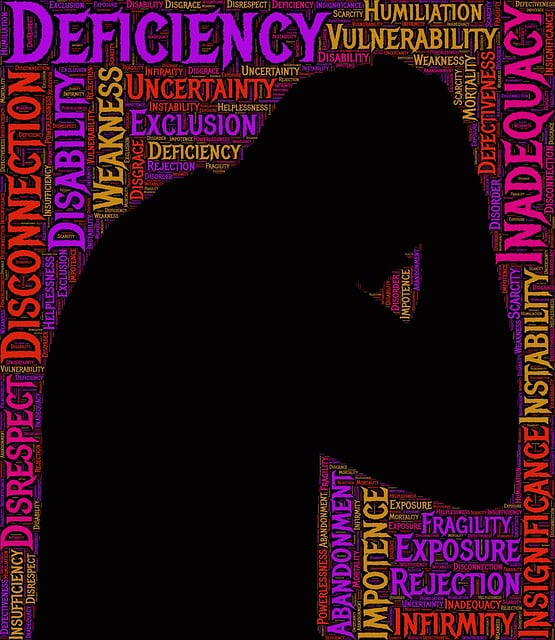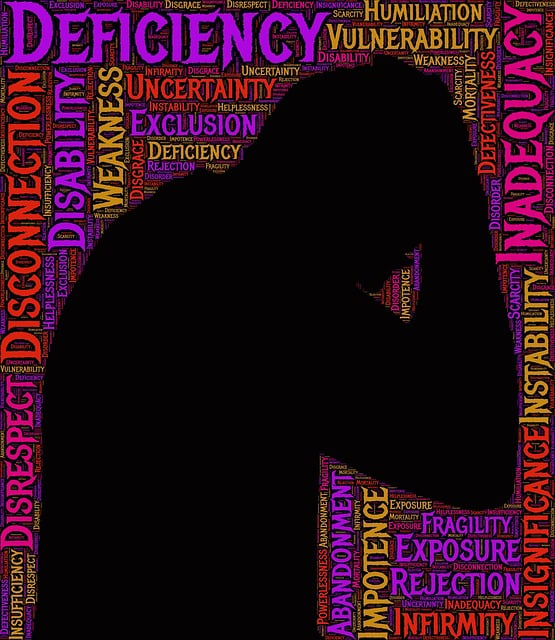Mental wellness is key in a child's development, especially for those with conditions like Functional Neurological Disorders (FND), requiring specialized therapy. Public awareness campaigns educate parents about FND and encourage early intervention. Stress management tools, support groups, and mindfulness meditation aid children and families in navigating mental health challenges. Recognizing FND symptoms early is vital; self-care routines, promoted by public campaigns, enhance overall well-being. This holistic approach, including therapy and self-care, significantly improves the lives of young children with FND.
Mental wellness is crucial for young children’s overall development, and recognizing the signs of Functional Neurological Disorder (FND) is essential. This article explores strategies to foster optimal mental health through self-care routines tailored for young minds. We delve into understanding mental wellness and its unique impact on children, identifying FND symptoms, and providing practical steps to create a supportive self-care regimen. By implementing these strategies, parents and caregivers can empower kids to navigate their emotions and seek appropriate therapy when needed.
- Understanding Mental Wellness and Its Importance for Young Children
- Identifying Functional Neurological Disorder (FND) Symptoms
- Creating a Self-Care Routine for Optimal Mental Health Support
Understanding Mental Wellness and Its Importance for Young Children

Mental wellness is a foundational aspect of a child’s overall development, especially during their formative years. Young children, often considered to be between infancy and adolescence, are in a crucial phase where healthy mental habits can be established or, conversely, where issues may root and persist into adulthood. Mental wellness refers not just to the absence of mental illness but also to emotional well-being, social skills, and a child’s ability to cope with daily life challenges.
For children dealing with conditions such as Functional Neurological Disorders (FND), which can manifest in various symptoms like seizures, sensory issues, or motor difficulties, prioritizing mental wellness is even more critical. FND often requires specialized therapy for young children tailored to their unique needs. Public Awareness Campaigns focused on Mental Health can play a significant role in educating parents and caregivers about these disorders, fostering empathy, and encouraging early intervention. Moreover, stress management workshops designed specifically for the organization of support groups or schools can empower both children and adults to navigate mental health challenges effectively. By integrating self-esteem improvement strategies into their routines, young individuals with FND or other mental health concerns can build resilience, enhancing their overall well-being and quality of life.
Identifying Functional Neurological Disorder (FND) Symptoms

Recognizing Functional Neurological Disorder (FND) symptoms is a crucial step in prioritizing mental wellness, especially for young children. FND manifests through unusual and often mysterious physical symptoms with no medical explanation, such as headaches, fatigue, and sensory issues. If these persist without a clear cause, it might be an indication of FND. Early identification is key, as it paves the way for effective therapy tailored to address the specific needs of young individuals.
For parents and caregivers, paying close attention to changes in a child’s behavior and physical well-being can make all the difference. Engaging in mental wellness podcasts focused on this topic can provide valuable insights into FND. Additionally, incorporating practices like mindfulness meditation and effective communication strategies from an early age may aid in managing symptoms. These tools are integral parts of a holistic approach to therapy for young children presenting with FND-related challenges.
Creating a Self-Care Routine for Optimal Mental Health Support

Developing a self-care routine is an essential aspect of supporting and maintaining optimal mental health, especially for individuals navigating challenges like Functional Neurological Disorders (FND). When it comes to therapy for young children with FND or similar conditions, establishing consistent self-care practices can be transformative. Self-care isn’t just about indulging in a hobby; it’s a proactive approach to managing stress, anxiety, and other mental health concerns. By integrating specific self-awareness exercises into daily life, children (and adults) can gain a sense of control and agency over their well-being.
Public awareness campaigns play a crucial role in promoting the development of effective self-care practices by highlighting the importance of mental wellness. These initiatives encourage individuals to prioritize self-care as a vital component of overall health, similar to how physical exercise or proper nutrition is emphasized. Through self-care routines, children with FND and their families can cultivate resilience, enhance coping mechanisms, and improve overall quality of life. This proactive approach not only complements therapy but also empowers individuals to take ownership of their mental health journey.
Mental wellness is a cornerstone of overall health, especially for young children. By identifying and addressing conditions like Functional Neurological Disorder (FND) through appropriate therapy, we can create a supportive environment that fosters optimal mental health. Developing a personalized self-care routine combines proactive measures with professional guidance, ensuring young minds receive the care they need to thrive in a complex world. This holistic approach prioritizes prevention and early intervention, ultimately enhancing the well-being of our youngest individuals.














